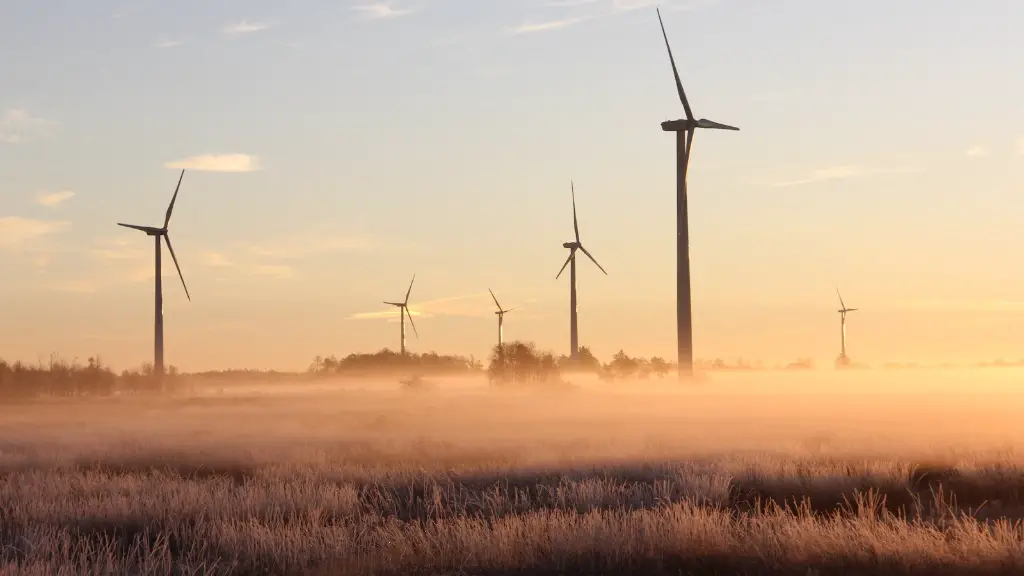Although some people may be skeptical about it, global warming is a serious issue affecting our planet, and its effects are already being felt by many. Global warming is the process of gradual increase in average surface temperature of the earth due to emission of greenhouse gases such as carbon dioxide and methane into the atmosphere. Earth has experienced several periods of warming and cooling over the centuries, however, the current warming trend is occurring more rapidly than in the past. This is largely due to human activity, with the burning of fossil fuels being the primary cause.
The impacts of global warming are multi-faceted and far-reaching. Warmer temperatures result in increased extreme weather, such as heat waves, droughts, heavy rainfall, and floods. These events can have significant economic, social, and environmental impacts. For example, extreme weather can lead to crop failure, which often results in food shortages and even famine. Warmer temperatures are also more conducive to spreading dangerous diseases, largely due to environmental conditions now being suitable for more infectious organisms to survive and thrive.
The health impacts of global warming are of particular concern. Heat waves can result in heat-related illnesses such as heat exhaustion, heat stroke, and even death. Warmer temperatures also result in more air pollution, which can cause respiratory diseases such as asthma, in addition to a host of other ailments. Additionally, melting glaciers, due to rising global temperatures, contribute to higher sea levels, which can lead to flooding in coastal areas and islands.
Despite some believing the effects of global warming to only be of the negative variety, it is worth noting that there are some potential positive outcomes due to climate change. Shorter winters and earlier springs have the potential to provide extended growing seasons, which can result in greater crop yields and economic benefits. Furthermore, as conditions become less hospitable for some organisms, such as infectious disease-carrying insects, others such as wild animals, trees, and aquatic species, may be able to thrive in the new environment.
Contrary to some skeptics, the evidence is still mounting in favor of global warming being real, and not just a fabricated myth created by those in positions of power to grab control of resources. Global temperature observations over the past centuries combined with historic data from ice cores and tree rings indicate that this rise in temperatures is unprecedented, and should not be taken lightly. The only way to ensure that the adverse effects of global warming are mitigated, or even reversed, is to reduce human activity that contributes to it. As one of the most significant sources of greenhouse gases, the burning of fossil fuels should be reduced as much as possible, with the most effective method being to switch to renewable sources of energy.
The increase in global temperature has already had a profound impact on our planet, and will continue to do so unless counteraction is taken. If we are to preserve our environment, it is essential that governments, businesses and individuals alike join forces to reduce our emissions and switch to renewable energy sources. By taking meaningful steps towards tackling climate change, we can make sure that we, and subsequent generations, will be able to continue living on a thriving planet in the years to come.

